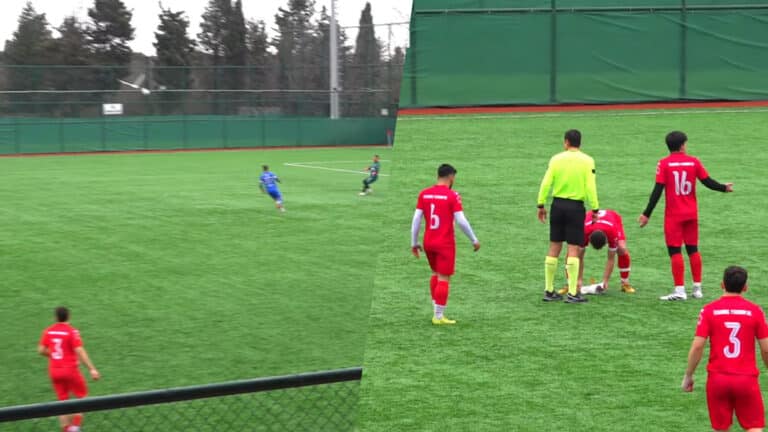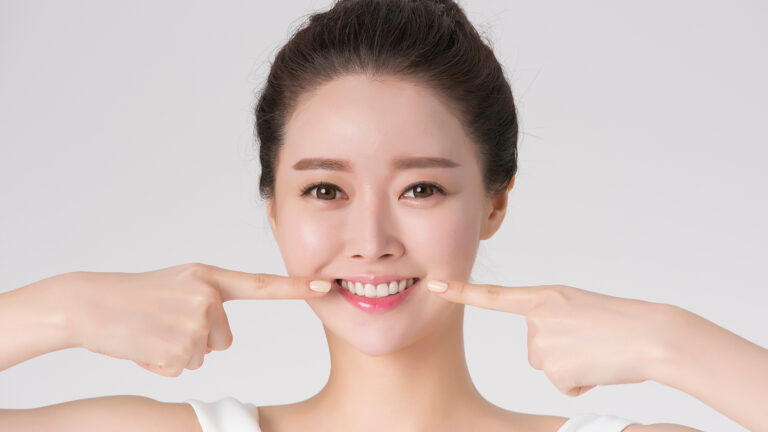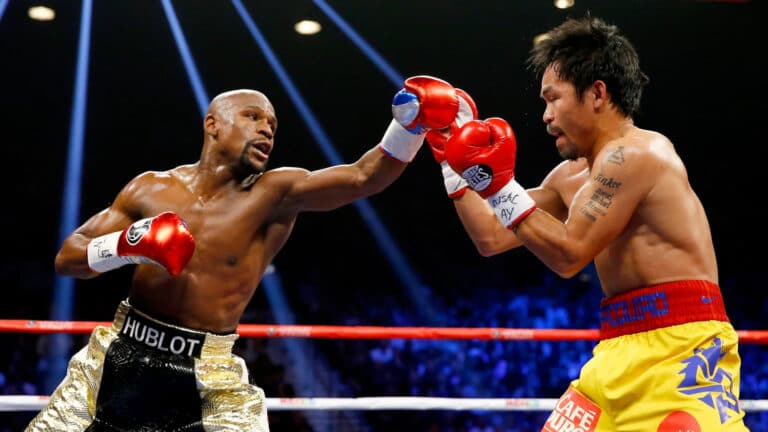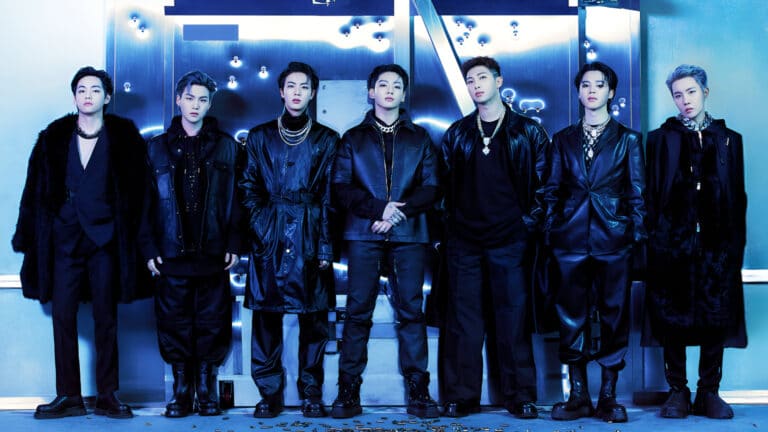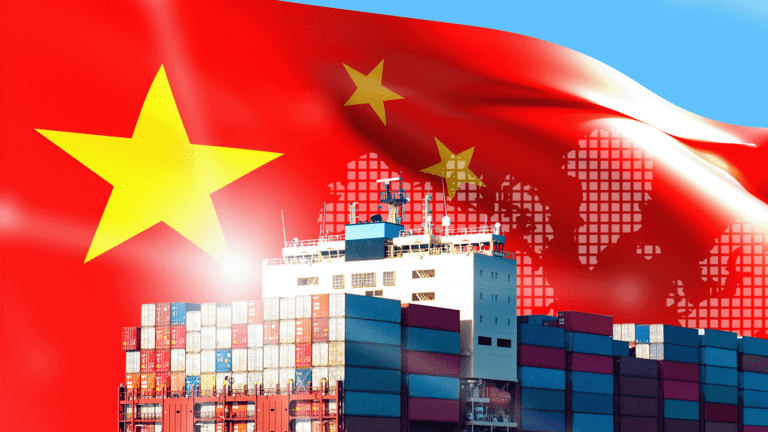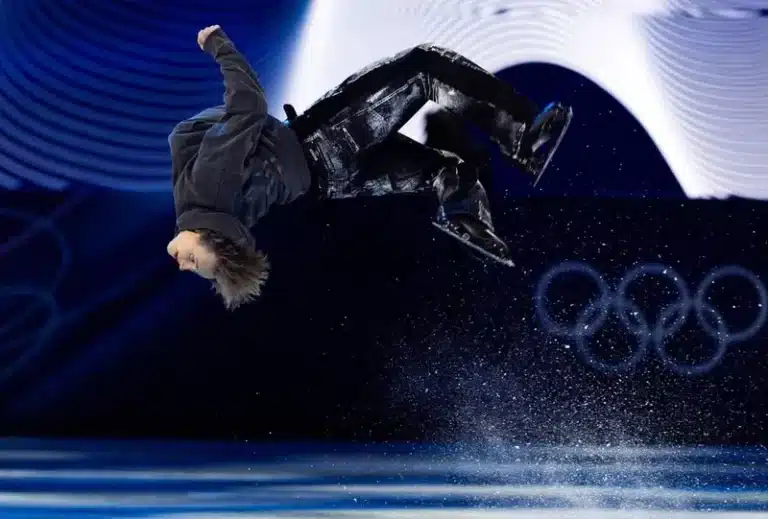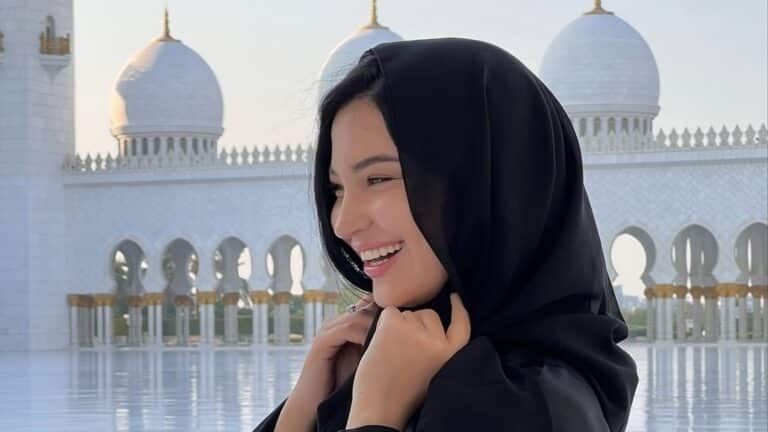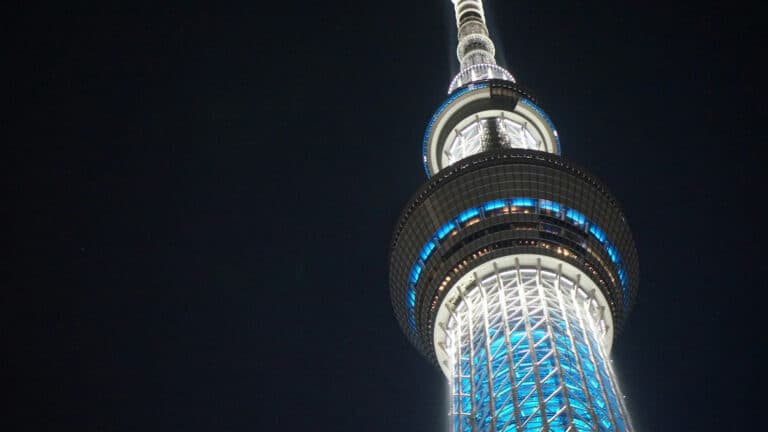Kazakhstan took 19th place in Elite Quality Index presented by Swiss University of St. Gallen and Moscow School of Management Skolkovo.
The new indicator shows how the actions of elites and their approaches to their nation’s well-being either accelerate or slow down the development of countries.
It takes into account a set of well-being characteristics, as well as how values are created and redistributed from one group of people to another, indicators of power, or the potential for withdrawing that value, and the ability of elites to insist on their preferences and business models through the national institutions.
To compare political and economical systems of the various countries, researchers developed a dataset of 72 unique aggregated indicators that show areas where value is created or withdrawn. These indicators can also be compared between each other.
The ranking includes 32 countries, where Singapore (68.5), Switzerland (64.9) and Germany (64.2) are the leaders. The fourth and fifth places were taken by the U.K. (63.9) and the United States (63.4) respectively.
Kazakhstan took 19th place with 52.7 points, ahead of such countries as Russia (23rd place), Saudi Arabia (22nd place) and Turkey (28th place). The lowest ranking participant is Egypt with 40 points.
«The former Soviet republic is performing well, and its elite quality may be a base for growth in the future. The landlocked, oil-rich country has managed to maintain trade and investment relations with Russia, China, the West and the Arab world. The configuration of the elite under the leadership of the first president, Nursultan Nazarbayev, was modeled after the example of Singapore. However, with the recent energy crisis and president change, it is necessary that value-creating elites play a more important role,» the final report says.
As reported, a new study (EQI 2021), which is planned to be published in January, will include more than 100 countries.
According to Dosym Satpayev, Kazakhstani political scientist, the local political elite is getting younger. “The era of the old heavyweights is coming to an end,” he said.

